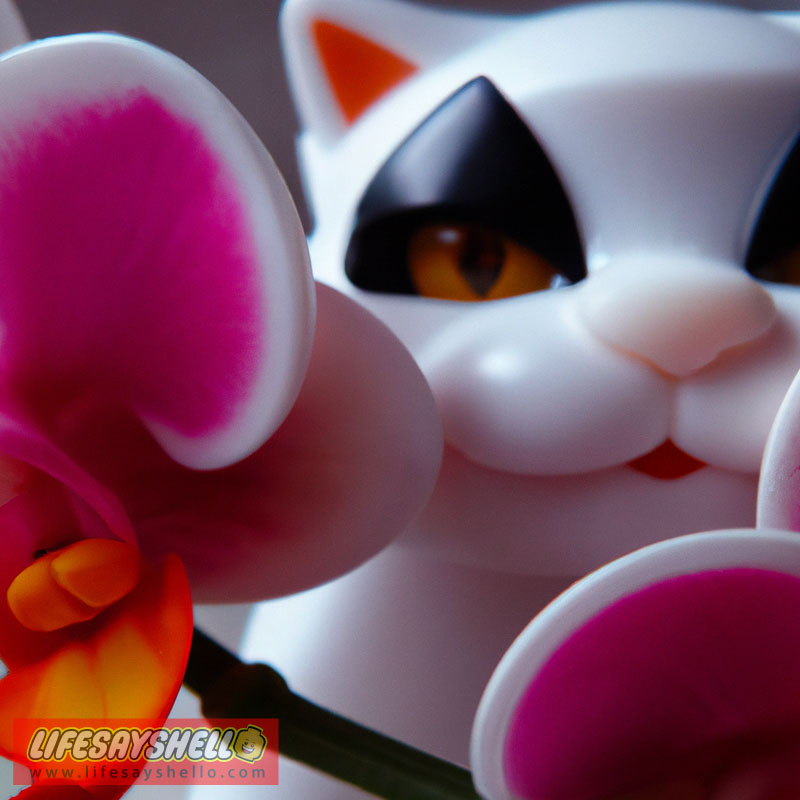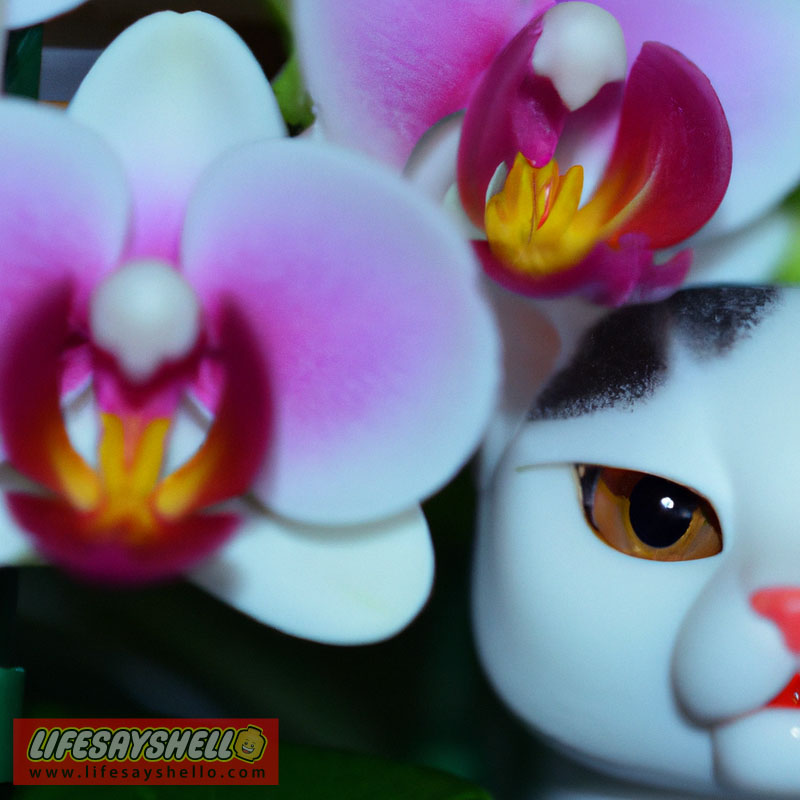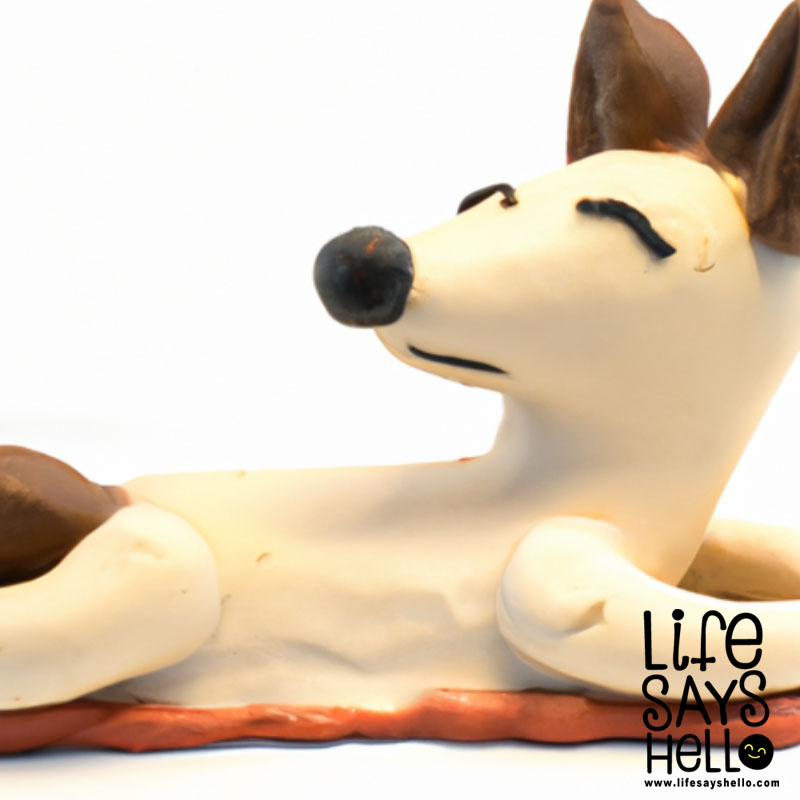Are Orchids Poisonous to Cats? A Detailed Guide for Feline-Friendly Houseplant Choices

As a cat owner, it's essential to know which houseplants are safe for your feline friends, and with orchids being a popular choice, we're here to answer the question: are orchids poisonous to cats?
Introduction
Orchids have long been a favorite among houseplant enthusiasts due to their stunning beauty, exotic appearance, and the wide variety of species available. With over 25,000 species and more than 100,000 hybrids, there's an orchid to suit every taste and home decor style.
However, for those of us who share our homes with curious feline companions, it's crucial to ensure that our plant choices are not only aesthetically pleasing but also safe for our pets. In this comprehensive guide, we'll explore the safety of orchids for cats and provide valuable information for pet owners looking to create a cat-friendly indoor garden.
Are Orchids Poisonous to Cats?
The good news for cat owners and orchid lovers is that most common orchid species are considered non-toxic to cats. According to the American Society for the Prevention of Cruelty to Animals (ASPCA), popular orchid varieties such as Phalaenopsis (moth orchids), Cattleya, and Dendrobium pose no significant threat to cats if ingested. While it's always best to prevent your cat from chewing on any houseplants, you can breathe a sigh of relief knowing that these beautiful blooms won't harm your furry friend.
Of course, with the vast number of orchid species out there, it's essential to research the specific variety you're considering before bringing it into your home. However, the general consensus among experts is that orchids are a safe and pet-friendly option for houseplant enthusiasts.
Why Some Plants Are Poisonous to Cats
To understand why certain plants are toxic to cats while others are not, it's helpful to know a bit about feline biology. Cats are obligate carnivores, which means their bodies are specifically adapted to process and digest animal-based proteins. Unlike humans and some other animals, cats lack specific enzymes necessary to break down certain plant compounds effectively.
When a cat ingests a toxic plant, these compounds can cause a variety of negative reactions, ranging from gastrointestinal upset to more severe symptoms such as organ failure or even death. The severity of the reaction depends on the specific plant, the amount ingested, and the individual cat's sensitivity to the toxin.
Signs of Plant Toxicity in Cats

If you suspect that your cat has ingested a toxic plant, it's essential to know the signs of poisoning and seek veterinary care immediately. Some common symptoms of plant toxicity in cats include:
- Vomiting
- Diarrhea
- Drooling
- Lethargy or weakness
- Loss of appetite
- Rapid or labored breathing
- Increased heart rate
- Dilated pupils
- Tremors or seizures
Keep in mind that these symptoms can vary depending on the specific plant and toxin involved. If you're unsure whether a plant is toxic to your cat, it's always best to consult your veterinarian or a poison control center for guidance.
Other Common Houseplants That Are Poisonous to Cats
While orchids may be a safe choice for cat owners, it's important to be aware of other common houseplants that can pose a threat to your feline friend's health. Some popular toxic houseplants include:
Lilies (Lilium and Hemerocallis spp.): All parts of the lily plant, including the flowers, leaves, and pollen, are highly toxic to cats. Ingestion of even a small amount can cause severe kidney damage or death.
Pothos (Epipremnum aureum): Also known as devil's ivy, this popular trailing plant contains calcium oxalate crystals, which can cause oral irritation, drooling, vomiting, and difficulty swallowing if ingested.
Aloe (Aloe vera): While aloe is known for its soothing properties for humans, it contains compounds called saponins that can cause vomiting, diarrhea, and lethargy in cats.
Sago Palm (Cycas revoluta): This popular ornamental plant is highly toxic to cats, with ingestion of the seeds, leaves, or roots potentially causing liver failure, seizures, or death.
Philodendron (Philodendron spp.): Like pothos, philodendrons contain calcium oxalate crystals, which can cause oral irritation and gastrointestinal upset if ingested by cats.
This list is by no means exhaustive, so it's essential to research any houseplants you're considering adding to your home to ensure they're safe for your feline companions.
Tips for Keeping Cats Safe Around Houseplants
Even if you're diligent about choosing only non-toxic plants for your home, it's still a good idea to take some precautions to keep your cat safe and your plants intact. Here are some tips for creating a cat-friendly indoor garden:
Place plants in high, inaccessible areas: Utilize shelves, hanging planters, or tall plant stands to keep your plants out of reach of curious cats.
Use deterrents: Consider using natural deterrents such as citrus peels or a mixture of water and mild dish soap to spray on the leaves of your plants. Cats dislike the taste and smell, which can help discourage them from chewing on your plants.
Provide cat-friendly plants and toys: Offer your cat safe alternatives to chew on, such as cat grass or catnip, and provide plenty of engaging toys to keep them entertained and less interested in your houseplants.
Monitor your cat's behavior: Keep an eye on your cat and their interactions with your plants. If you notice them showing interest in a particular plant, take extra precautions to ensure their safety and the plant's well-being.
Conclusion
In conclusion, most common orchid species are not poisonous to cats and can be a beautiful and safe addition to your home. However, as a responsible pet owner, it's essential to research any houseplants you're considering and take precautions to keep your feline friend safe and healthy. By providing a cat-friendly environment filled with non-toxic plants, you can enjoy the beauty of indoor gardening while ensuring the well-being of your beloved pet.




Comments